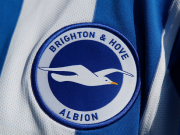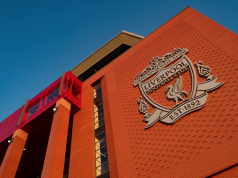Football can sometimes be a very curious arena, and in the case of Momo Mbaye and Watford, that is certainly the case.
For those that don’t know, the Hornets have been locked in a legal battle with Spanish side Cadiz over the last two years after the latter signed the defender.
Watford were not very happy about this as they felt they owned him and were due compensation, something FIFA agreed with initially, banning Cadiz from transfers in the process.
Cadiz said otherwise and claimed that a signature on the corresponding documents was falsified, taking their case to the Court of Arbitration for Sport to clear their name.
That was a battle they won yesterday, with CAS ruling against Watford and removing all bans from the Spanish club in the process.
The reasoning behind that wasn’t made clear at the time, but La Voz Digital cover it today, and it doesn’t look good for the Hornets.
While Watford provided evidence of a contract by post, the club’s lawyer Juan de Dios Crespo did not ‘ratify the player’s signature’ as neither Watford’s directors or Enrique Labrador, the agent in the middle of everything who signed the deal, turned up at the trial.
CAS go on to say that ‘there is no clear and reliable evidence presented by Watford as to how and when it received a signed copy of the contract from the player’. So, pretty damning.
How, then, did Watford believe they had a contract in place? According to La Voz, CAS has pointed to a ‘possible forgery’, which both Cadiz and Mbaye claimed from the start.
This is where Labrador comes into focus as his signature is in ‘serious doubt’, and he ‘never actually represented’ the player to start with.
CAS have an explanation on this front, too, stating that ‘the most likely hypothesis is that someone erased Mr Labrador’s signature from the signature page of Annex 2 and subsequently used it as the signature page of the Watford contract to be signed’.
All of this evidence subsequently saw Watford’s accusation ‘fall under its own weight’ as they tried to defend a point without any arguments in their favour.
Indeed, CAS confirmed that Watford did not commission a handwriting expert to look at the signature and did not request that the panel do so either.
All in all, it’s very suspicious for Watford, who appear to have given up early on in this fight and didn’t even bother to turn up at the trial.
We’re sure they’ll be looking into what went wrong and how to avoid it in future, with the focus very much on Labrador and his very curious dealing.
























